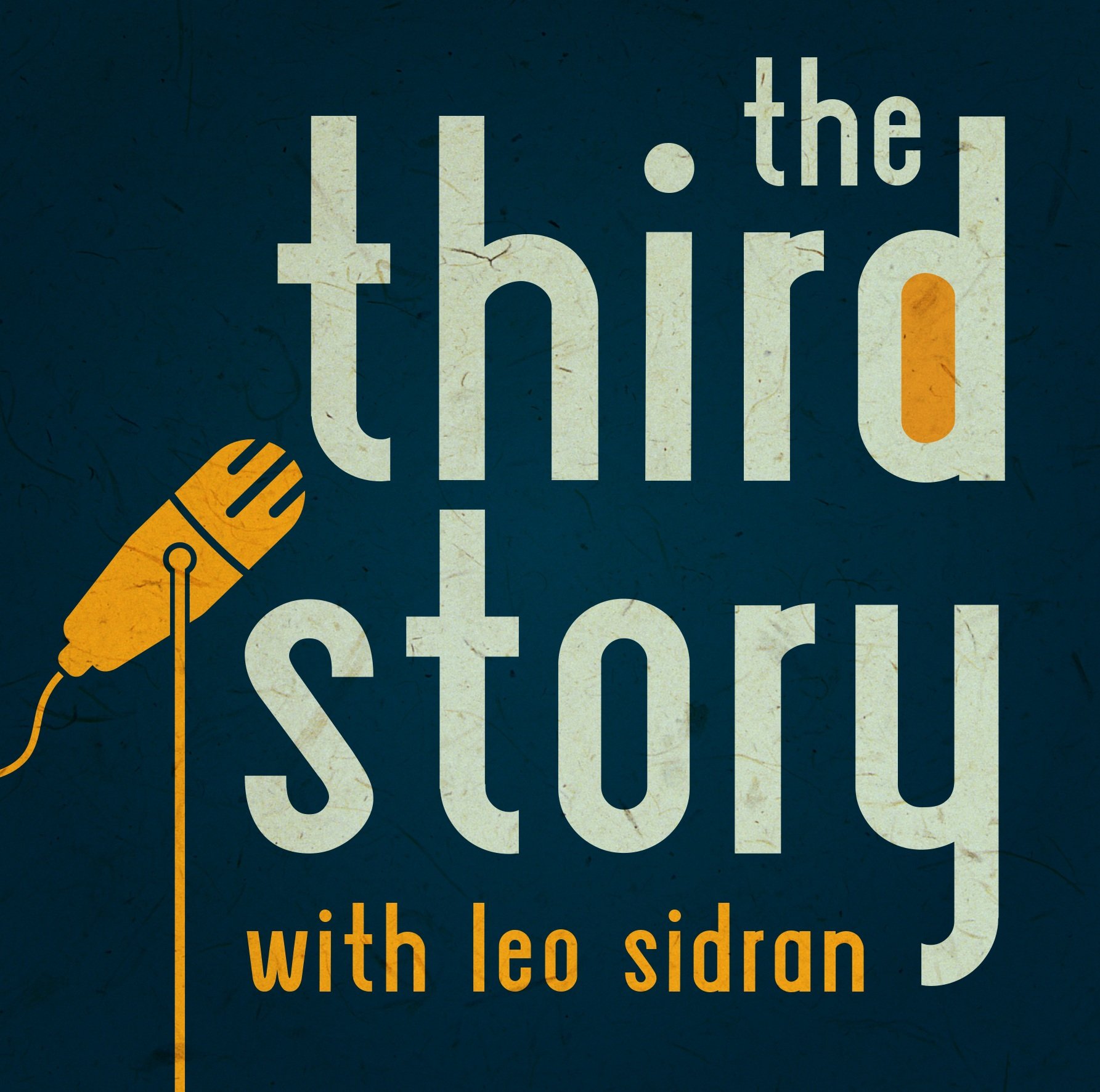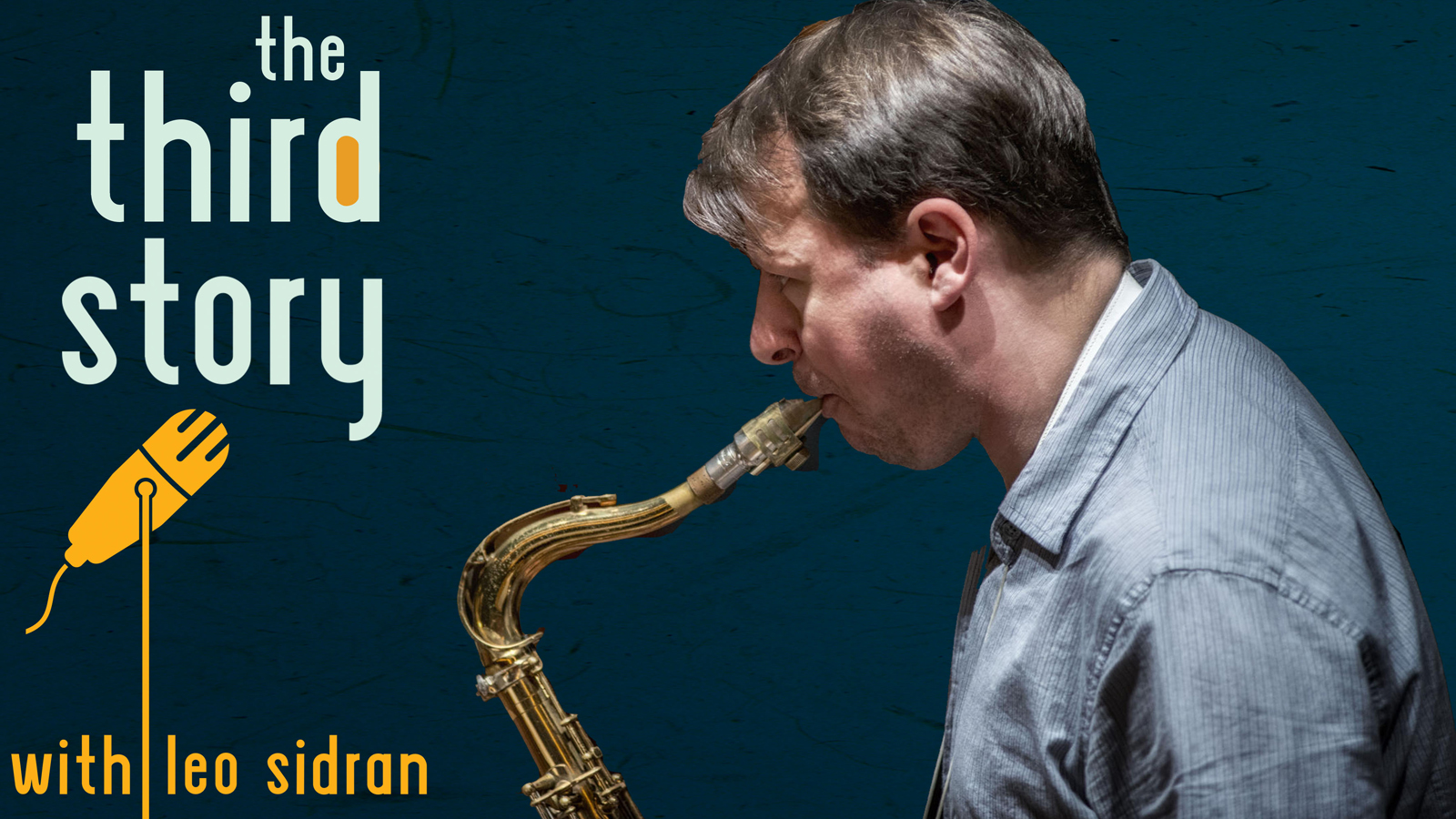133: Chris Potter
Chris Potter is an incredibly influential saxophone player. Downbeat Magazine has called him “one of the most studied (and copied) saxophonists on the planet” which is only slightly ironic considering he was a fair weather student himself, at least by the time he got to music school in New York.
But that’s because at 18 years old, when he moved to New York from Columbia, South Carolina, he began working almost immediately with trumpeter Red Rodney who had heard Chris play at a jazz festival in South Carolina and told him to give a call when he got to New York. As he says it, he was “off and running”.
He logged serious hours and miles working with drummer Paul Motian, pianist Renee Rosnes, bassist John Patitucci, the Mingus Big Band, and Steely Dan among many others. He’s had a long and very fruitful musical relationship with bassist and composer Dave Holland with whom he still works regularly. And he has made a series of influential solo albums.
His most recent solo recording, Circuits, features drummer Eric Harland, keyboardist James Francies, and bassist Linley Marthe.
Chris belongs to a generation of musicians who have been so heavily documented (he’s in his late 40s) that much is known about him. The technical aspects of what he does are available to most anyone who wants to find out, and he’s spoken publicly about the influence of various players, teachers, bandleaders on his development. So rather than going down that road with him, instead we had a rather introspective and very sensitive conversation about art in general, about the search for something new, what motivates him today, what he sees as his role and responsibility in the history of jazz, and what it means to make a contribution in music or art.
He says, “Everybody has feelings. That isn’t what separates the artist from the non artist. Being able to express those feelings in a way that can be communicated is the job of the artist and it’s never finished because feelings are never finished.” And he also tells me that “all art is in some way a conversation between those who came before and those who are making it now.”
With Chris Potter, Brooklyn, August 2019
Thanks for listening. If you enjoyed it, please leave a review on iTunes and consider supporting the podcast on Patreon! And now you can also listen to the podcast on Spotify!


